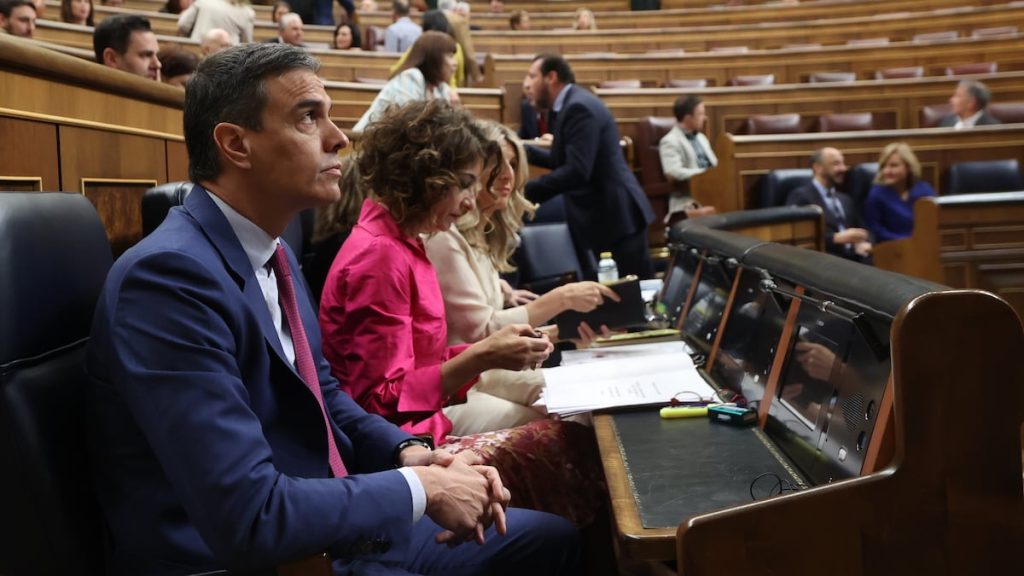The President of the Government, Pedro Sánchez, has announced a period of reflection on his future through a letter, which opens up several scenarios in case of a hypothetical resignation. The Constitution specifies what happens after a resignation in a few specific articles. Article 101 states that the Government ceases after the holding of general elections, in cases of loss of parliamentary confidence, or due to the resignation or death of the President. The King will then begin a round of consultations to designate a candidate for President of the Government, who would have to undergo an investiture debate. Until a new president is invested, the Executive, in functions, has limited powers. There is a precedent for the resignation of a head of government in democracy, which was the resignation of Adolfo Suárez in 1981.
The question of confidence is also addressed in the Constitution. Article 112 specifies the possibility of processing a question of confidence, initiated by the head of the Executive. The President of the Government can present a question of confidence to the Congress of Deputies regarding his program or a declaration of general policy. Confidence is granted when a simple majority of Deputies vote in favor of it. There have been precedents where both Adolfo Suárez and Felipe González faced motions of confidence. Adolfo Suárez did it in 1980 to get support for a tough plan of democratic austerity and develop the State of the autonomies. He was supported by 168 votes in favor and 164 against. In 1990, González, despite having an absolute majority in Congress, also presented a motion of confidence to renew economic policy, foreign policy, and the development of the autonomous communities.
The Parliament’s regulations establish that the debate on a question of confidence follows the same rules as investiture debates. A question of confidence is different from a motion of censure because the former is an initiative of the Prime Minister, while the latter is an initiative of Parliament to force the exit of an Executive. The Constitution also specifies when elections can be called. According to Article 115, the President of the Government can propose the dissolution of the Congress, Senate, or General Courts, which will be decreed by the King. The proposal for dissolution cannot be made while a motion of censure is being processed. It also states that a new dissolution cannot take place before a year has passed since the previous one, except as provided in Article 99, paragraph 5. Pedro Sánchez dissolved the Courts and called for general elections on May 29, 2023, after the poor results of the PSOE in the local and regional elections the day before.
In case of a resignation by Pedro Sánchez, the President of the Government, the Constitution sets out the steps to be taken, including the possibility of a question of confidence and the calling of general elections. Adolfo Suarez’s resignation in 1981 serves as a precedent for how these processes unfold. The regulations of the Parliament establish the rules for a question of confidence, while the Executive’s powers are limited after a resignation until a new president is invested. The Constitution also prohibits the proposal of dissolution of the Courts when a motion of censure is being processed and sets a timeframe for new dissolutions. Overall, the constitutional framework provides a clear outline of how transitions of power are handled in the Spanish democracy.















